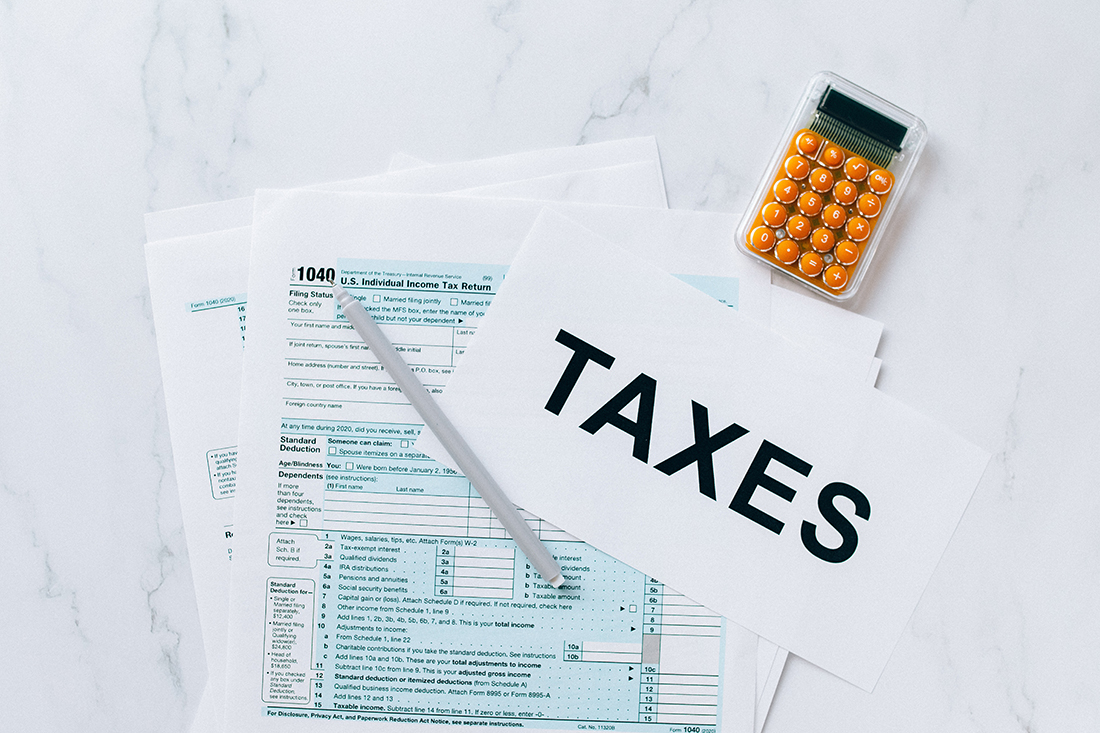305
The government has issued a new decree to implement the UAE’s corporate tax law, which will take effect on or after June 2023. The tax rate is said to be the lowest in the GCC region.
Dubai Newsweek has complied the list of some of the most important queries about the new corporate tax and their answers in details.
Key questions about the UAE corporate tax
- Who will pay the corporate tax?
- What are the exemptions?
- What is the corporate tax start date?
- Will entities in the United Arab Emirates that are owned by UAE or GCC citizens pay tax?
- Will the new corporate tax be implemented all across the UAE?
- Will entities pay other taxes too?
- Will the corporate tax replace Value Added Tax (VAT)?
- Will excise tax be replaced by corporate tax?
Here are the answers
- Corporations and other businesses with taxable profits exceeding Dhs375,000 will be mandated to pay a standard rate of 9%.
- Businesses that earn taxable net profit of over Dhs375,000 will be required to pay corporate tax, this include UAE companies that are incorporated or managed and controlled in the country, as well as some entities in a free zone.
- The new tax will be effective on or after June 1, 2023.
- A firm or entity whose financial year begins on July 1, 2023 and ends on June 30, 2024 must have to pay the new corporate tax from July 1, 2023.
- A company or entity whose financial year begins on Jan.1, 2023 and ends on Dec.31, 2023 will have to pay the tax from Jan.1, 2024.
- The tax applies to entities that fall within the income threshold of Dhs375,000. It is to be noted that the law does not differentiate between residence or nationality, so it applies to any entity irrespective of the residence or citizenship of the owners or founders.
- The new corporate tax will be implemented across all the emirates of the UAE.
- According to the UAE Finance Ministry, some businesses may still be subject to both the corporate tax and Emirate level taxation. Emirate level taxes paid will not be credited against or otherwise reduce the amount of corporate tax payable.
- Businesses that are engaged in certain activities like the extraction of natural resources in the UAE, which are subject to “Emirate level taxation,” will be outside the scope of the corporate tax. But these businesses are required to meet certain conditions.
- The VAT will continue to be collected.
- If an entity is mandated to pay value added tax and corporate tax, it will have to pay the taxes separately. Those which are not VAT registered in the UAE may still be subject to pay corporate tax.
- Authorities will continue to collect excise tax in the UAE.
Who is exempted from corporate tax
- Individuals who are employed in the UAE government, semi-government or private sector.
- Earnings that are made from savings schemes or bank deposits.
- Investments made by individuals in real estate.
- Public or private pension and social security funds, qualifying investment funds, as well as wholly-owned and controlled UAE subsidiaries of a government entity, government-controlled entity. The exemptions are subject to meeting certain criteria.
- Existing free zone entities are eligible to benefit from a zero percent corporate tax rate on the qualifying income.
- Natural resource extraction activities, but they will remain subject to existing local taxation.
The UAE corporate tax pdf can be find here.

